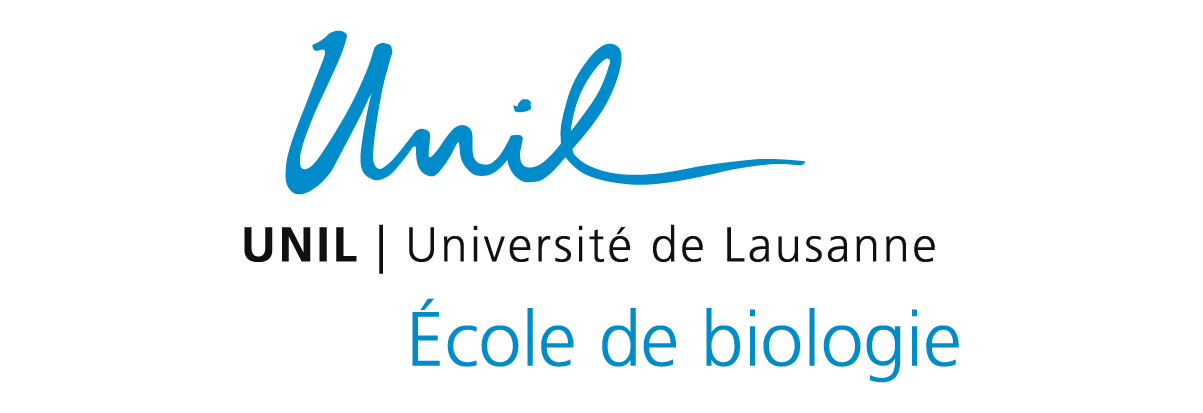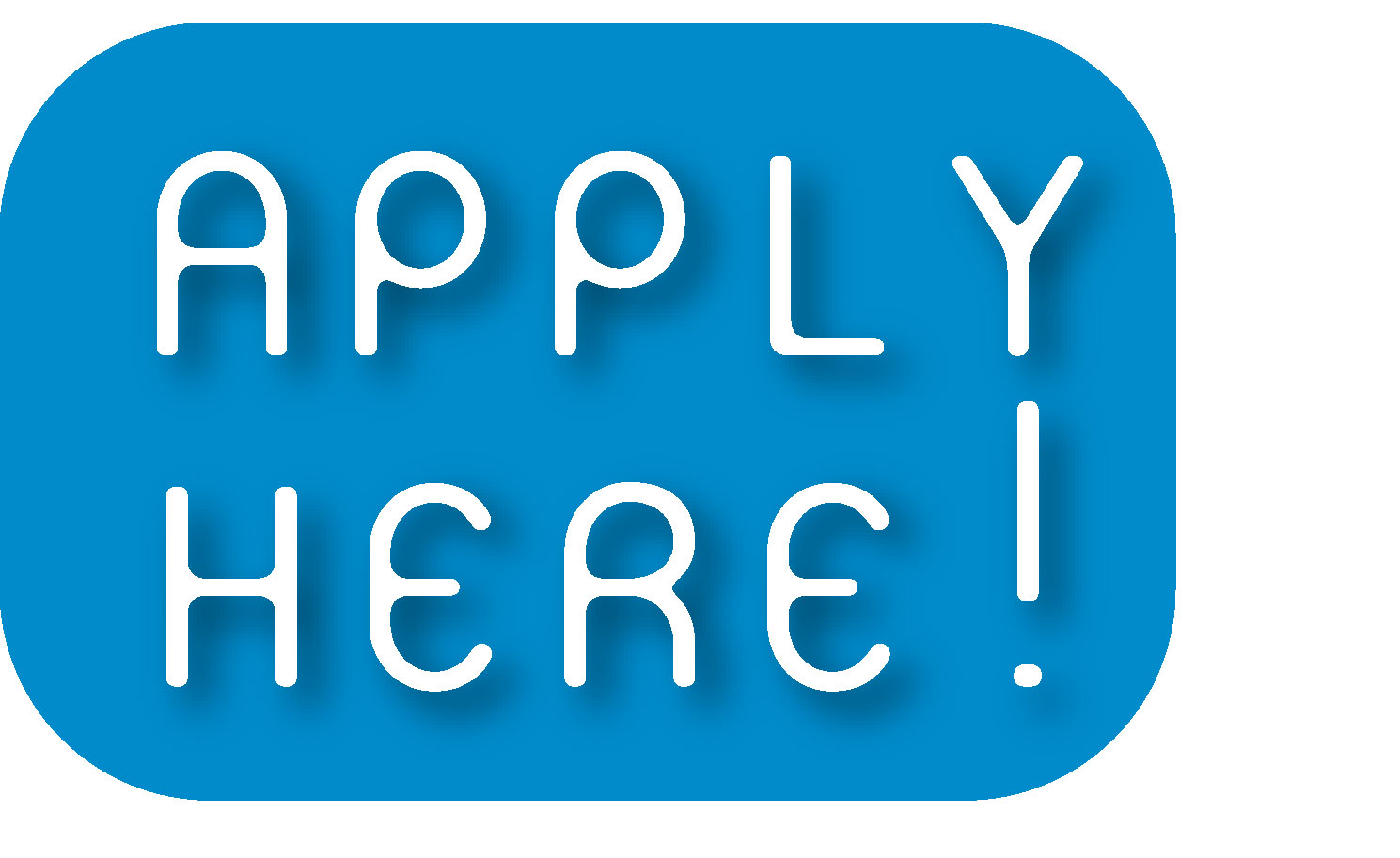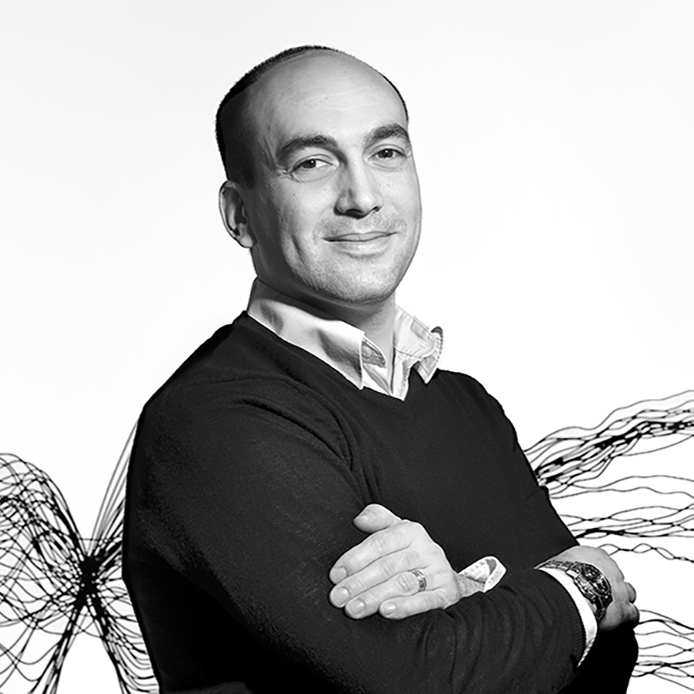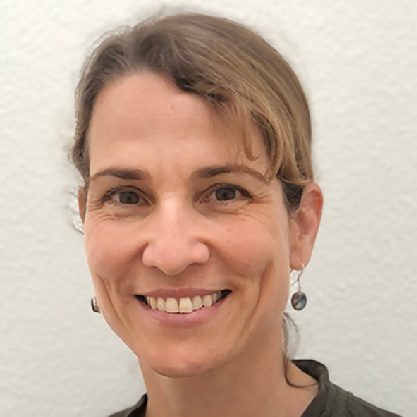
Neuroscience track
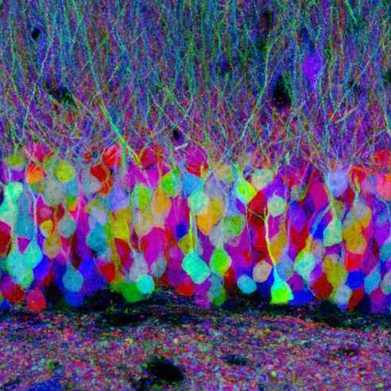 Neuroscience is the scientific study of the nervous system. Understanding nervous function, from molecules to behavior, from brain to mind, from intelligence to emotion, and discover the causes of neurological and psychiatric disorders, is one of the most difficult and fascinating challenges in science, together with deciphering the laws governing the Universe.
Neuroscience is the scientific study of the nervous system. Understanding nervous function, from molecules to behavior, from brain to mind, from intelligence to emotion, and discover the causes of neurological and psychiatric disorders, is one of the most difficult and fascinating challenges in science, together with deciphering the laws governing the Universe.
Indeed, the scope of neuroscience has broadened enormously in the last decades to include the study of molecular, cellular, developmental, structural, functional, evolutionary, computational, and medical aspects of the nervous system in a common effort of deciphering the black box of nervous function.
The techniques used by neuroscientists have also expanded enormously, from molecular and cellular studies of individual neural cells to imaging of sensory and motor tasks in the brain. In addition, Neuroscience is an interdisciplinary science that collaborates with other fields such as, cognitive science, psychology, computer science, engineering, linguistics, mathematics, medicine, genetics, and allied disciplines. It also exerts influence on other fields, such as neuroeducation, neuroethics and neuroeconomics.
The scope of our biomedical master Neuroscience study track is to give the students an in depth theoretical introduction to several of the above fields of Neuroscience as well as a practical introduction to many state-of-art approaches used to study nervous function in both animals and humans. Emphasis is put on disciplines and methods most prominently represented in the large community of Neuroscience experts at UNIL and CHUV.
Specific training objectives
At the end of the course the students will be able to:
• Mobilise theoretical knowledge about the physiological, pathological and medical aspects of selected domains of neuroscience such as nervous system development, sensory functions, neuron-glia interactions, synaptic functions, neuronal death and tissue repair, and psychiatric neuroscience.
• Use advanced research techniques to study the physiological function of the nervous system or neuropsychiatric diseases in animal models or in humans.
• Systematically analyse fundamental and clinical problems and experimental approaches in neuroscience.
In the Neuroscience study track of the Biomedical Master, students will be introduced to a broad view selection of neuroscience topics, including physiology-, pathology- and medicine-related aspects that will be presented and discussed by experts in specific research areas including:
- History of Neuroscience Research and Techniques to Study Neurosciences
- Developmental neuroscience
- Sensory functions and sensory integration
- Neuron-glia biology
- Synaptic function, modulation and pharmacology
- Neural cell death mechanisms and approaches for repair
- Psychiatric neuroscience
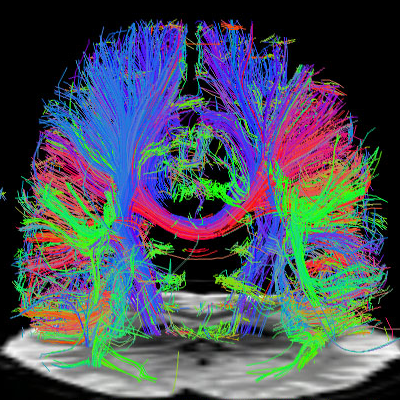 Individual topics will be open to students from the Lemanic Neuroscience Doctoral School Program who will join the biomedical master students, as well as to students of the Psychology Faculty curriculum (topic 6). Scientific skills will be strengthened by learning how to critically read and present research papers and by a neuroanatomy practical demonstration.
Individual topics will be open to students from the Lemanic Neuroscience Doctoral School Program who will join the biomedical master students, as well as to students of the Psychology Faculty curriculum (topic 6). Scientific skills will be strengthened by learning how to critically read and present research papers and by a neuroanatomy practical demonstration.
Students will be offered a broad spectrum of research projects including studies in both animal models and humans, utilizing approaches such as biochemistry, molecular biology, genetics, imaging (including dynamic optical imaging as well as brain imaging), electrophysiology (including advanced EEG in humans), behavioral and cognitive tests.
Where
Students should refer to the pdf of the course schedule which lists up to date locations of each course.

The schedule
The schedule of the semester involves theoretical courses and paper presentations in the first 6 weeks. Then, the students will have several weeks to prepare the written (topics 1–3) and oral (topics 4–6) examinations that will take place in April. The students will then join research laboratories for full time work on their Master projects. In addition, a grant-writing exercise, based on their Master project, will give the opportunity to the students to become familiarised with the field of research of their host laboratory. The semester will end with the students presenting the research proposal of their grant.
Students are encouraged to actively participate in open seminars offered by the local neuroscience community.
For instance, a sampling is announced here: www.neuroleman.ch
Programme
Module 0 - History of neuroscience and techniques to study neuroscience by Marlen Knobloch
- History and practical work
- Selected techniques and lab visits/practical work
- Industry visits/presentations
Module 1 - Brain Development by Claudia Bagni
- Cerebral cortex development
- Patterning and cell lineage in the vertebrate nervous system
- Neurogenesis
- Epigenetic control
- Journal Club
- Neuroanatomy practical (human brain dissection!)
Module 2 - Sensory Functions by Micah Murray
- Pain
- Olfaction
- Audition
- Gustation
- Vision
- Cortical plasticity
- Multisensory integration
- Journal Club
Module 3 - Neuron-Glia Biology by Paola Bezzi & Vassiliki Nikoletopoulou
- Glial cells: introduction and historical perspective
- Multimodal control of the territory by astrocytes
- Neurometabolic, neurovascular coupling and brain imaging
- Gliotransmission
- The blood-brain barrier
- The role of peripheral Schwann cells
- Neuroinflammation and brain diseases: Multiple Sclerosis
- Journal Club
Module 4 - Modulation of Synaptic Transmissionby Vassiliki Nikoletopoulou
- Molecular mechanisms of neurotransmitter secretion
- Post-synaptic receptors
- Synaptic plasticity: LTP and LTD
- Role of the neurotrophic factors NGF and BDNF
- Pharmacological modulation of synaptic transmission
- Journal club
Module 5 - Neuronal Death and Repair in the CNS by Nicolas Toni
- Cell death: introduction; physiological neuronal death in development
- Excitotoxicity and neuroprotection against excitotoxicity
- Apoptosis
- Cerebral ischemia: strategies for treatment
- Parkinson’s Disease
- Adult Neurogenesis and Neuronal Stem Cells
- Cell replacement and gene therapies
- Journal Club
Module 6 - Introduction to Psychiatric Neuroscience by Jean-René Cardinaux
- Schizophrenia: psychopathology, neurobiological mechanisms and therapy
- Mood disorders: psychopathology and neurobiology of depression
- Genes-environment interactions in neurodevelopment and stress-associated disorders
- Environmental risk and epigenetic mechanisms in psychiatry
- Experimental models of psychiatric disorders: cognitive and emotional behaviours
- Addiction: psychopathology and neurobiological mechanisms
- Journal Club
Career perspectives
The career perspectives for students completing the biomedical master in the Neurosciences study track include working as biomedical scientists in a clinical environment (in diagnostic or human research, including fields like neuropsychology), or in pharmaceutical companies including start-ups for the cure of neurodegenerative and psychiatric disorders.
Many biomedical science graduates undertake further study to develop a specialist knowledge, research and communication skills. In this respect, the Neuroscience community in the Lemanic area counting more than 100 groups is considered one of the strongest in Europe, with specialized basic research departments in all three main University institutions (UNIL, UNIGE and EPFL) and in the two University hospitals (CHUV and HUG).
These institutions offer specialized PhD programs in Neuroscience, such as the one jointly organized by UNIL and UNIGE, which involves teachers and researchers from 6 different faculties.
Moreover, the region hosts 2 National Center of Excellence sponsorized by the Swiss National Science Foundation (NCCRs Synapsy and Affective Sciences) and other European Community (Human Brain Project) and private-sponsored Neuroscience-related initiatives (Wyss Center). This represents a great opportunity for competitive career development given that specific post-grade qualification is generally required to enter career tracks in academia or in the private science sector.

© z3zo - Fotolia | © Jeff W. Lichtman and Joshua R. Sanes | David Feinberg - PLoS ONE | © David Bouvier - Unil
Prof. Micah Murray
Department of Radiology
In co-charge of the Neuroscience track
CHUV
CH-1011 Lausanne
Tel. +41 21 314 13 21
Prof. Marlen Knobloch
Department of Biomedical Sciences
In co-charge of the Neuroscience track
Rue du Bugnon 7
CH-1005 Lausanne
Tel. +41 21 692 55 06
For any administrative question (e.g. registration, equivalencies, etc.) : please contact the School of Biology.
General Information
Neuroscience Track.pdf (1977 Ko)

